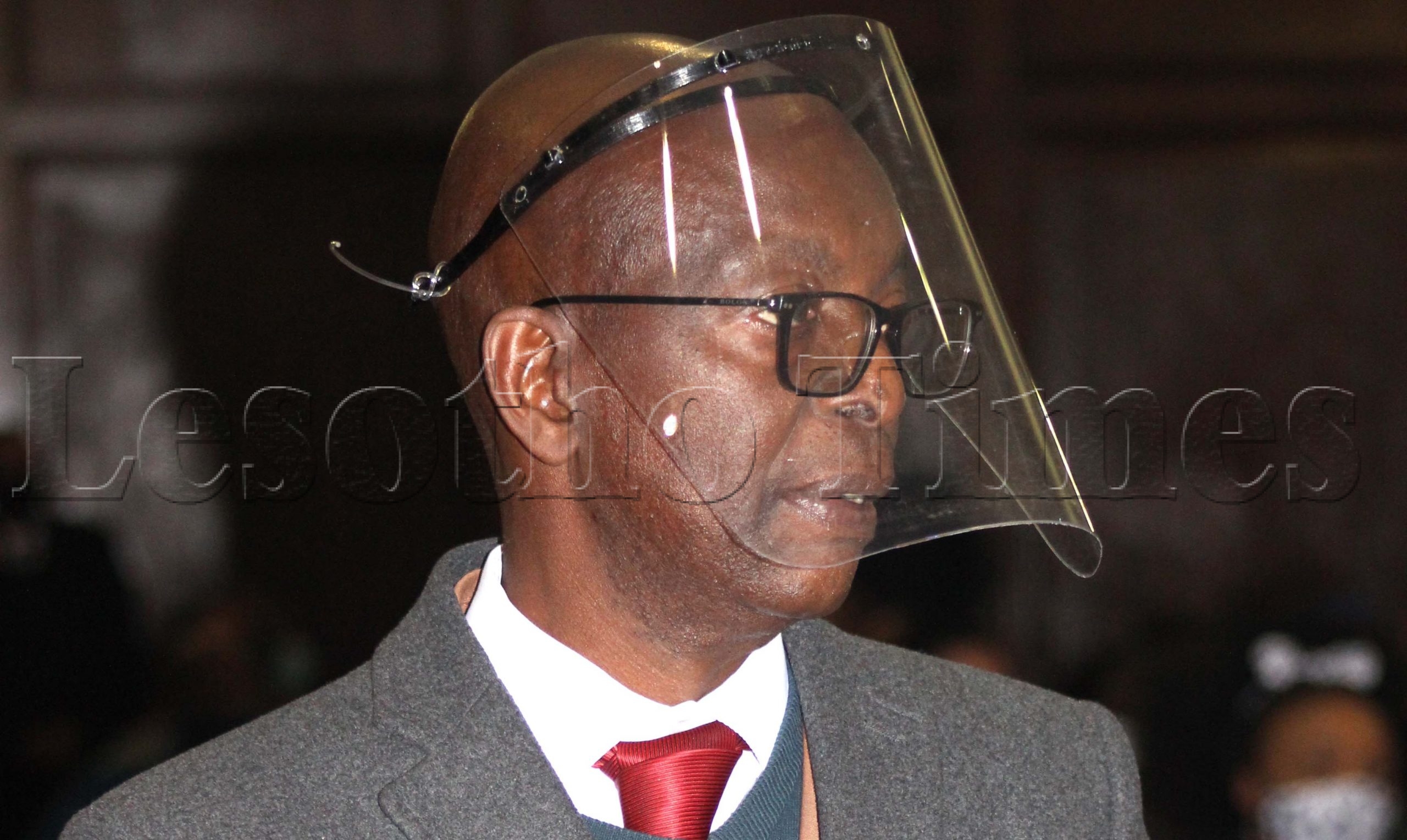- move aimed at facilitating revision of some of the contentious clauses
Bereng Mpaki
THE government has suspended the implementation of the indigenisation laws.
Trade and Industry Minister, Thabiso Molapo, yesterday said the suspension of the Business Licensing and Registration Regulations, 2020 will give the government time to revise some of the contentious provisions which caused a public outcry when the laws were gazetted in October 2020.
The controversial regulations sought to reserve certain businesses for indigenous Basotho. The move was meant to protect and encourage the development of the small business sector. Forty-seven such business sectors including motor dealership, hair dressing and beauty treatment were set aside for exclusive ownership by indigenous Basotho.
However, many people felt the regulations did not do enough to protect them from foreign competition. Some of the locals also baulked at the huge licence fees required to enter the motor vehicle import and dealership sector. This after the fees had been increased exponentially increased from M600 to M300 000 per annum. Most locals felt the prohibitive fees prevented their entry into the sector.
The regulations also stipulated that all motor vehicles imported into the country by either dealers or individuals must be less than eight years old.
In an interview with the Lesotho Times yesterday, Dr Molapo that they have resolved to amend the law to plug the gaps that made its implementation difficult.
“The Business Licensing and Registration (Amendment) Regulations, 2021 seek to close some of the gaps that were identified in the original regulations,” Dr Molapo said.
He said among the proposed amendments was reduction of the motor dealers’ licence fees.
The new regulations also make it mandatory for motor dealers to get roadworthiness approval for their inventory of used vehicles at the Ministry of Transport before displaying or selling them.
Another proposed amendment is for the upward revision of the capital requirements for foreign investors to do business in Lesotho. The original regulations had stipulated M2 million as the capital requirement to start a business in Lesotho but members of parliament said the figure was too low as many foreign investors can easily raise it.
The minister said they had also “refined” the definition of an ‘indigenous citizen’ to mean “a person whose ancestry can be traced back to at least three generations as citizens of Lesotho”.
“This is to ensure that naturalised citizens do not exploit the opportunity of venturing into business activities that are strictly reserved for indigenous citizens.”
Dr Molapo said they have currently suspended implementation of the original regulations after noting the public outcry.
“The implementation of the original regulations was suspended when we realised the challenges that made their application difficult. We hope to begin implementation as soon parliament approves the amendments,” Dr Molapo said.


